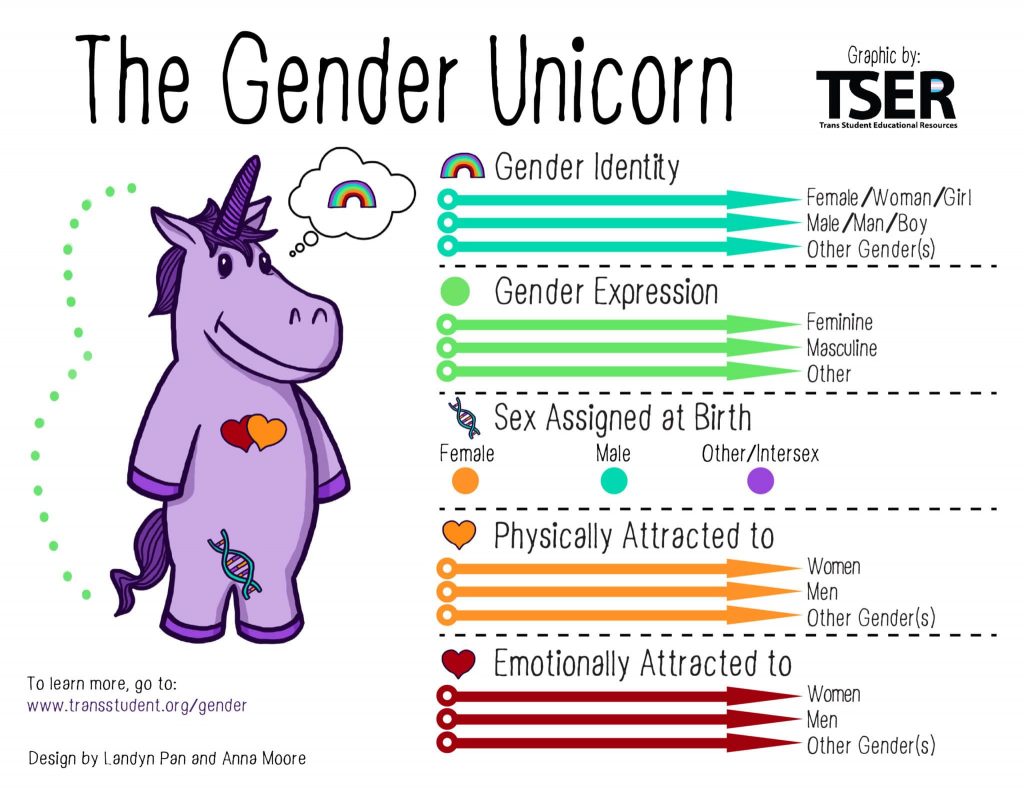The Lovering Health Center is committed to providing affirming, nonjudgmental, client centered health care. We respect that gender identity is unique and personal across a broad spectrum and that everyone has individual health care needs that require supportive and knowledgeable health providers.

What is Gender-Affirming Hormone Therapy?
The Lovering Health Center offers gender affirming hormone therapy care for folks ages 18+. This is because of added complexity in endocrinology when providing gender affirming hormone therapy to folks under 18. Please feel free to call us with any questions!
Gender Affirming Care Consent Forms & Info:
Transgender is a broad term that can refer to anyone whose gender is different than their gender assigned at birth. “Trans” is often used as shorthand for “transgender”.
Trans folks may identify as a man, a woman, or both/neither. Some folks who are nonbinary (do not identify exclusively as a “man” or a “woman”) identify with the label transgender and some don’t, but they are always included if they want to be!
Gender identity is your internal knowledge of your gender (i.e. “man”, “woman”, or another gender). Gender expression is how a person presents their gender externally, which may include behavior, clothing, hairstyle, voice, or body characteristics. Gender expression is all about what makes you feel good, and there is no “right” or “wrong” when it comes to someone’s gender or gender expression.
Some things that someone might choose to change if they come out as transgender or nonbinary are clothing, appearance, name, hairstyle, or the pronouns people use to refer to them (such as “he”, “she”, “they”, or others). Some trans folks want to pursue gender affirming surgical procedures, and some don’t. Regardless of someone’s access to or desire for gender affirming surgery (or lack thereof), every single trans person’s identity is valid and should be respected.
It’s important to use respectful language when talking or referring to trans folks. This includes using whatever name they identify with (if they choose to change their name) as well as the correct pronouns. If you aren’t sure what pronouns someone uses, you can just ask! It’s also helpful to share your pronouns when you first meet someone, even if you’re cisgender, meaning that you identify with the gender you were assigned at birth. Example: “Hi, my name is Gertrude and I use they/them pronouns!” The more we normalize sharing pronouns, the easier and safer it is for trans folks to use the pronouns that feel most comfortable for them.
For more info on using respectful language about queer and trans people, check out the Human Rights Campaign’s Glossary of Terms here!

for the right of everyone to maintain freedom and choices regarding their own sexual and reproductive health.
“Lovering Health Center is a reproductive and sexual health center providing exceptional care to the people of the greater Seacoast NH area (including Northern MA and Southern ME) for over 40 years.
We provide STI testing and treatment (including HIV testing), PrEP therapy for HIV prevention, contraception/birth control, gynecological care, wellness visits, peri- and post-menopausal care, gender affirming hormone therapy, and abortion care services.
We are a stand alone clinic located in Greenland, NH very close to Portsmouth, NH and Kittery, ME, just a short distance from the Newburyport, MA area.